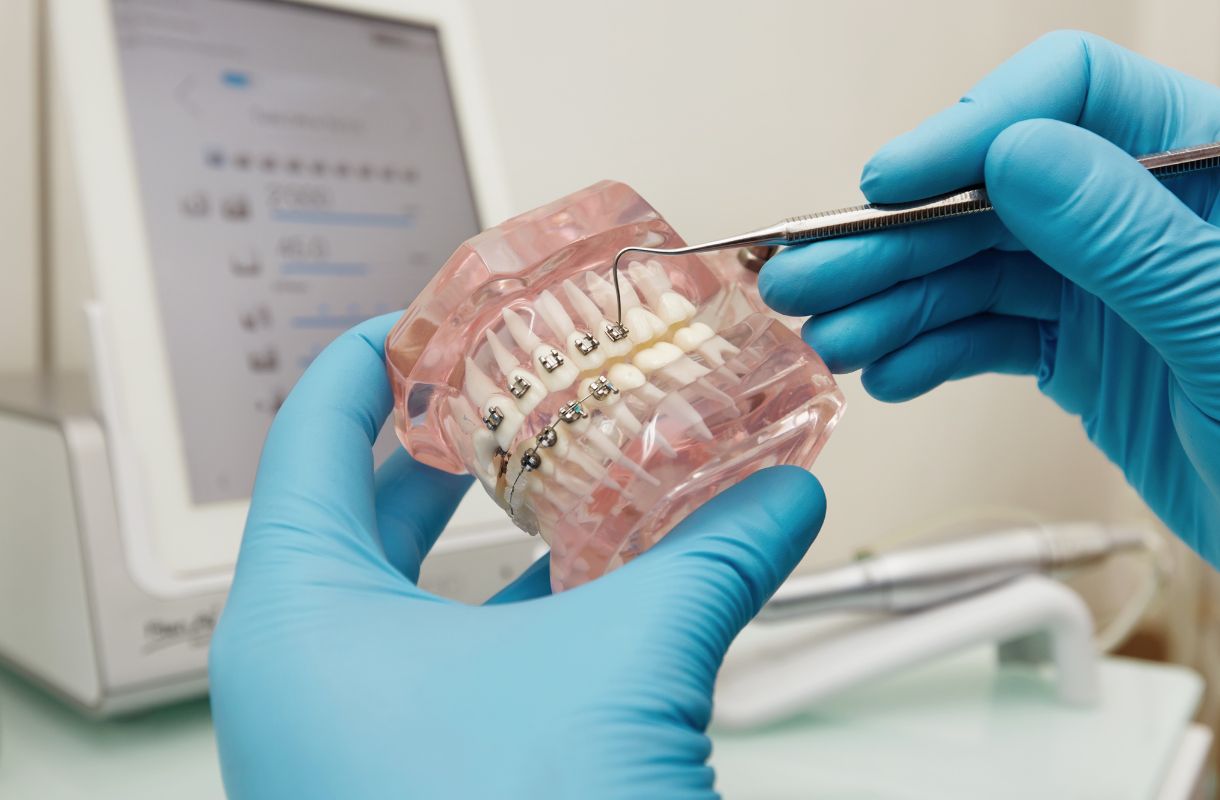What is a
Root Canal Treatment?
Root canal treatment, also known as endodontic therapy, involves the removal of the infected or inflamed pulp from inside the tooth. The pulp is the soft tissue that contains nerves and blood vessels, and its infection can lead to severe pain and other complications if left untreated.
Why is Root Canal Treatment Necessary?
The need for a root canal arises when the pulp becomes inflamed or infected due to various reasons, including:
- Deep tooth decay
- Repeated dental procedures on the tooth
- Cracks or chips in the tooth
- Trauma to the tooth
If the pulp infection is not addressed, it can lead to abscess formation, resulting in more severe health issues.
The Root Canal Procedure
The root canal procedure typically consists of three main steps:
1. Cleaning the Root Canal
The dentist begins by numbing the area with local anesthesia. An access hole is drilled into the tooth, allowing the dentist to remove the infected pulp using specialized instruments.
2. Filling the Root Canal
After cleaning the canal thoroughly, it is shaped and disinfected. The dentist then fills the canal with a rubber-like material called gutta-percha, sealing it to prevent future infections.
3. Restoration
Finally, the tooth is restored with a crown or filling to protect it and restore its function. This step is crucial as it helps maintain the tooth’s integrity and prevents it from fracturing.
Benefits of Root Canal Treatment
Root canal treatment offers several advantages:
- Pain Relief: The procedure alleviates the pain caused by pulp infection.
- Tooth Preservation: It allows patients to keep their natural teeth, which is essential for efficient chewing and maintaining proper alignment.
- Cost-Effectiveness: Compared to tooth extraction and subsequent replacement options like implants or bridges, root canal treatment is often more economical.
Common Myths About Root Canal Treatment
Many misconceptions surround root canal treatment, leading to unnecessary anxiety among patients. Some common myths include:
Myth 1: Root canal treatment is extremely painful.
Fact: With modern techniques and anesthesia, the procedure is relatively painless and comparable to getting a filling.
Myth 2: A tooth treated with a root canal is not functional.
Fact: After restoration, the tooth functions normally and can last a lifetime with proper care.
Myth 3: It’s better to pull a tooth than have root canal treatment.
Fact: Saving your natural tooth with a root canal treatment is often better than pulling it.
Aftercare Following Root Canal Treatment
Post-treatment care is vital for the longevity of the tooth. Patients are advised to:
- Avoid hard foods until the tooth is fully restored.
- Maintain excellent oral hygiene to prevent further infections.
- Attend regular dental check-ups to monitor the health of the treated tooth.
Cost of Root Canal Treatment in India
The cost of root canal treatment in India can vary significantly based on several factors, including the complexity of the case, the type of tooth involved, and the clinic’s location.
On average, the cost of a root canal treatment, including the crown, ranges from INR 2,000 to INR 10,000 per tooth. The exact price can vary depending on the type of crown selected. The choice of crown material, such as metal, ceramic, or porcelain, can also influence the overall cost.
FAQs
Is root canal treatment painful?
Root canal treatment is not more painful than receiving a dental filling, as local anesthesia is used to numb the area, making the procedure relatively painless for most patients.
How long does a root canal last?
A root canal can last a lifetime if properly cared for, but its longevity depends on factors such as the tooth’s condition before treatment and the quality of the restoration afterward.
Can I brush my teeth after a root canal?
Yes, you can brush your teeth after a root canal, but it’s advisable to be gentle around the treated area. Maintaining good oral hygiene is essential for healing.
Are there any side effects of root canal treatment?
While most patients experience only mild discomfort post-treatment, some may have temporary side effects such as tenderness or sensitivity in the treated area. If pain persists or worsens, it’s important to contact your dentist.
Is there any alternative to root canal treatment?
The main alternative is tooth extraction, which can be more painful than a root canal, making root canal treatment the preferred choice for preserving natural teeth.
Endodontics
Get In Touch With Us
Call us
+91 9676100045 - Punjagutta
+91 7702425551 - Hitech City
+91 7702425551 - Hitech City
Email us
reception@smiline.com
Book An Appointment
Book a visit to Smiline, simply fill out the form below and we will contact you back regarding the intervention you require.



